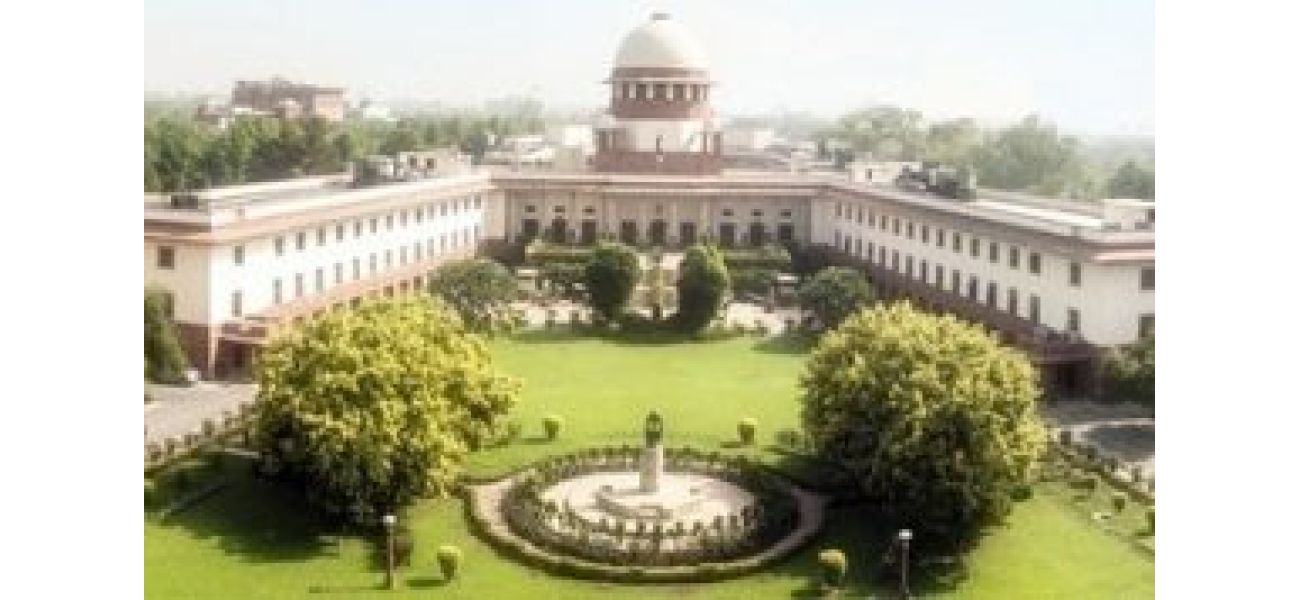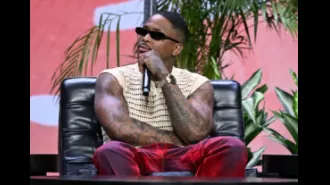Supreme Court rejects requests to reconsider ruling on sub-classification of SC quotas.
Supreme Court rejects pleas for review of ruling allowing states to make sub-classifications within Scheduled Castes for reservation.
October 4th 2024.

The Supreme Court, situated in New Delhi, has made a decision to reject a series of requests for reconsideration of their previous ruling. This ruling stated that states have the right to create sub-categories within the Scheduled Castes in order to provide reservation opportunities. Headed by Chief Justice DY Chandrachud and accompanied by Justices B R Gavai, Vikram Nath, Bela Trivedi, Pankaj Mithal, Manoj Misra and Satish Chandra Sharma, the seven-judge Constitution bench concluded that there were no evident mistakes in their previous judgment.
Furthermore, the apex court also declined the plea to present the review petitions in an open court. This decision was made by the bench after thoroughly examining the record and finding no discrepancies. The rejected petitions were filed by individuals seeking a review of the previous judgment, which allowed states to create sub-categories within the Scheduled Castes for reservation purposes. The decision was made in accordance with the Constitution, granting states the power to make these sub-classifications.
This ruling has been met with mixed reactions, with some praising the court's decision to uphold the constitutional rights of states, while others expressing disappointment in the dismissal of the review petitions. Despite the differing opinions, the Supreme Court has stood firm in their decision, stating that there was no reason to alter their previous ruling. This marks a significant moment in the ongoing debate surrounding reservation policies and the empowerment of marginalized communities.
In conclusion, the Supreme Court's dismissal of the review petitions has solidified their previous ruling on the power of states to create sub-categories within the Scheduled Castes for reservation purposes. This decision has been met with both support and criticism, but the apex court has remained resolute in their stance. As the nation continues to grapple with issues of social justice and equality, this ruling serves as a reminder of the crucial role of the judiciary in upholding the principles of the Constitution.
Furthermore, the apex court also declined the plea to present the review petitions in an open court. This decision was made by the bench after thoroughly examining the record and finding no discrepancies. The rejected petitions were filed by individuals seeking a review of the previous judgment, which allowed states to create sub-categories within the Scheduled Castes for reservation purposes. The decision was made in accordance with the Constitution, granting states the power to make these sub-classifications.
This ruling has been met with mixed reactions, with some praising the court's decision to uphold the constitutional rights of states, while others expressing disappointment in the dismissal of the review petitions. Despite the differing opinions, the Supreme Court has stood firm in their decision, stating that there was no reason to alter their previous ruling. This marks a significant moment in the ongoing debate surrounding reservation policies and the empowerment of marginalized communities.
In conclusion, the Supreme Court's dismissal of the review petitions has solidified their previous ruling on the power of states to create sub-categories within the Scheduled Castes for reservation purposes. This decision has been met with both support and criticism, but the apex court has remained resolute in their stance. As the nation continues to grapple with issues of social justice and equality, this ruling serves as a reminder of the crucial role of the judiciary in upholding the principles of the Constitution.
[This article has been trending online recently and has been generated with AI. Your feed is customized.]
[Generative AI is experimental.]
0
0
Submit Comment





